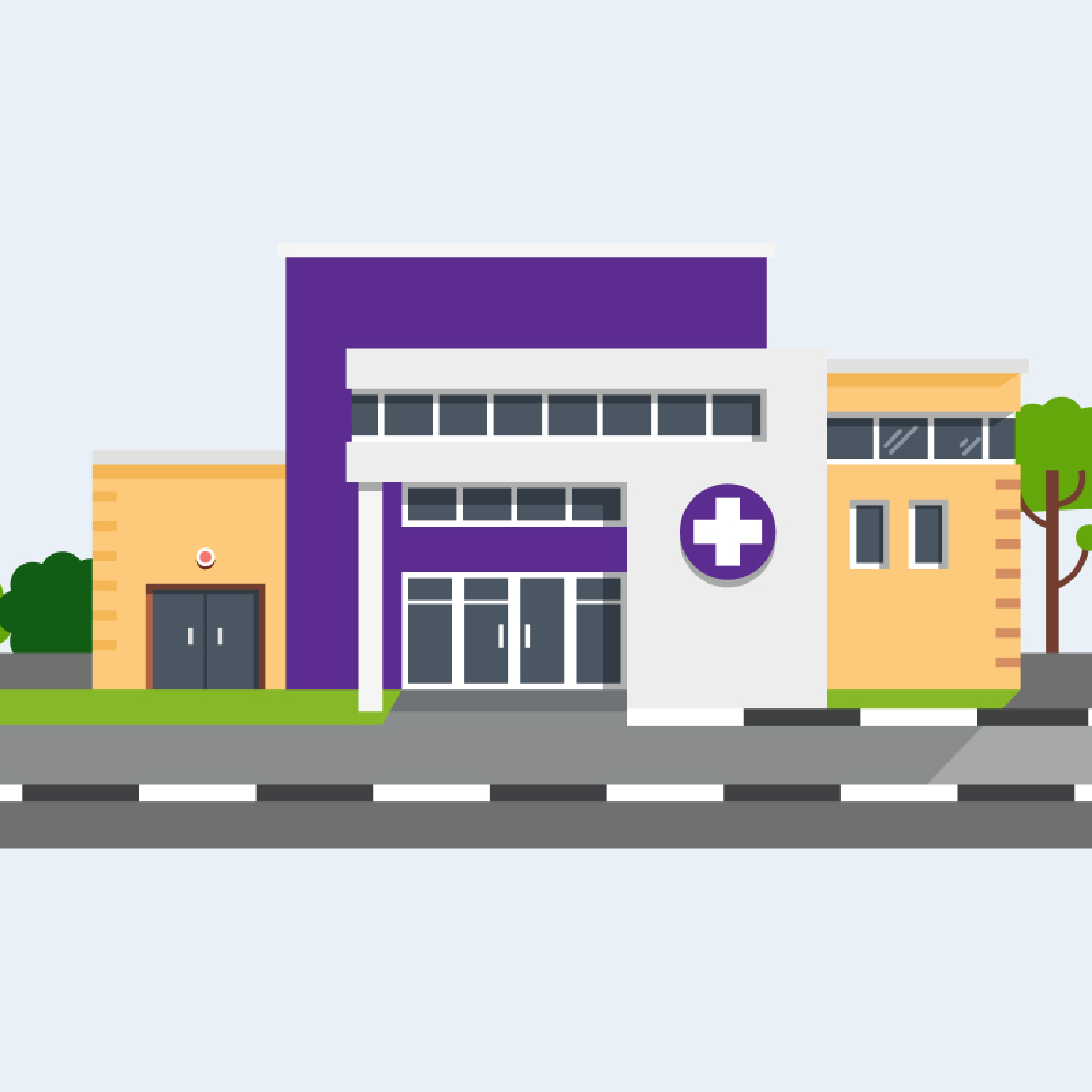Get help for medical surgeries at our partner hospitals on easy EMI's
Information provided will be used to contact you only for the enquiry selected.
Agree toTerms and ConditionsPune - 411005

Find the best hospitals for Gall Bladder Surgery on the Bajaj Finserv Health platform.
Information provided will be used to contact you only for the enquiry selected.
Agree toTerms and ConditionsGallbladder surgery is a procedure performed to remove the gallbladder. A gallbladder is a small organ and is located beneath the liver. The gallbladder plays a role in storing bile, a digestive fluid produced by the liver. However, when the gallbladder becomes diseased or develops problems, surgery may be necessary to alleviate symptoms and improve the patient's health.
These are hard deposits that form in the gallbladder, causing pain and discomfort. Surgery is often recommended to remove the gallbladder and eliminate the risk of future gallstone-related issues.
Gallbladder inflammation can lead to severe pain, infection, and other complications. To treat the root of the problem, surgery may be required.
These abnormal growths on the gallbladder wall may require surgical removal to prevent cancer risk.
refers to abnormal gallbladder functioning, leading to symptoms such as pain and digestive problems. When all other therapies have failed to offer relief, surgery may be considered.
Intense abdominal pain, especially in the upper right side or in the center of the abdomen
Nausea and vomiting
Bloating and indigestion after meals
Back pain between the shoulder blades
Fever and chills in cases of gallbladder inflammation or infection
Gallbladder surgery helps alleviate the intense abdominal pain caused by gallstones or gallbladder inflammation.
Removal of the gallbladder does not significantly affect the digestive process, as bile is still produced by the liver and directly flows into the small intestine.
Surgery eliminates the risk of future gallstone-related complications, such as blockage of the bile ducts or inflammation.
The patient will undergo a thorough medical examination, including blood tests and imaging studies, to assess their overall health and gallbladder condition.
Before the surgery, the patient will be asked to fast for a specific period to ensure an empty stomach during the procedure.
Certain medications, like blood thinners, may need to be temporarily stopped before going for the surgery to reduce the risk of excessive bleeding.
In most cases, gallbladder surgery is performed using a laparoscopic technique. Number of small incisions are made in the abdomen, through which specialized surgical instruments and a tiny camera (laparoscope) are inserted. The surgeon uses these instruments to remove the gallbladder with the guidance of the camera images.
In some situations, open surgery may be necessary, especially if complications or limitations prevent the laparoscopic approach. A larger incision is made in the abdomen to directly access and remove the gallbladder.
thin tubes inserted through the abdominal incisions to create a pathway for the surgical instruments.
A small camera attached to a long, flexible tube that allows the surgeon to visualize the surgical area on a monitor.
These instruments are used to manipulate and dissect the tissues around the gallbladder.
Used to cut, coagulate, and seal blood vessels and tissues during the surgery.
These are used to close incisions or secure blood vessels, if necessary.
The patient will undergo a series of medical evaluations and tests to ensure they are fit for the procedure.
The patient will be administered anesthesia to ensure they are unconscious and pain-free during the surgery.
The surgeon will make several small incisions in the abdomen for the laparoscopic approach or a larger incision for open surgery.
Using specialized instruments, the surgeon will carefully detach the gallbladder from its attachments, ensuring no damage to nearby structures.
Once the gallbladder is removed, the incisions are closed with sutures or surgical staples.
The patient is transferred to a recovery area, where they are closely monitored until the effects of anesthesia wear off.
Depending on the type of surgery and individual recovery, the patient may stay in the hospital for a day or two.
The patient may need to follow a special diet initially, gradually reintroducing regular foods.
Physical activities and heavy lifting may need to be limited for a certain period to aid healing.
Infection Injury to nearby structures, such as the bile ducts or intestines Blood clot Bile leakage
The recovery time varies from person to person. Generally, most individuals can resume normal activities within a week or two after laparoscopic gallbladder surgery.
In some cases, medications may be prescribed to dissolve gallstones or manage symptoms. However, this approach is not suitable for all patients and may not provide a long-term solution.
In certain situations, endoscopic techniques may be used to remove gallstones or manage gallbladder-related problems without surgery. These procedures involve accessing the bile ducts through the digestive tract.
The body still makes bile after gallbladder removal, but now it directly flows from the liver into the small intestine instead of being stored in the gallbladder. While some people may notice alterations in their digestion at first, these normally improve as the body adjusts.
The average cost of gallbladder surgery in India can vary depending on the city, hospital, surgeon's expertise, and the patient's overall health. The cost generally includes preoperative tests, surgeon's fees, anesthesia charges, hospital stay, and postoperative care. The approximate cost ranges from INR 50,000 to 2,50,000.
Hospital or clinic reputation Surgeon's experience and expertise Type of surgery (laparoscopic or open) Preoperative evaluations and tests Duration of hospital stay Postoperative medications and follow-up visits
Patients who require gallbladder surgery can explore various financing options to manage the expenses. One such option is the Bajaj Finserv Health EMI card. This card allows individuals to convert their medical bills into convenient monthly installments, easing the financial burden associated with the procedure. The Bajaj Finserv Health EMI card offers benefits such as a wide
